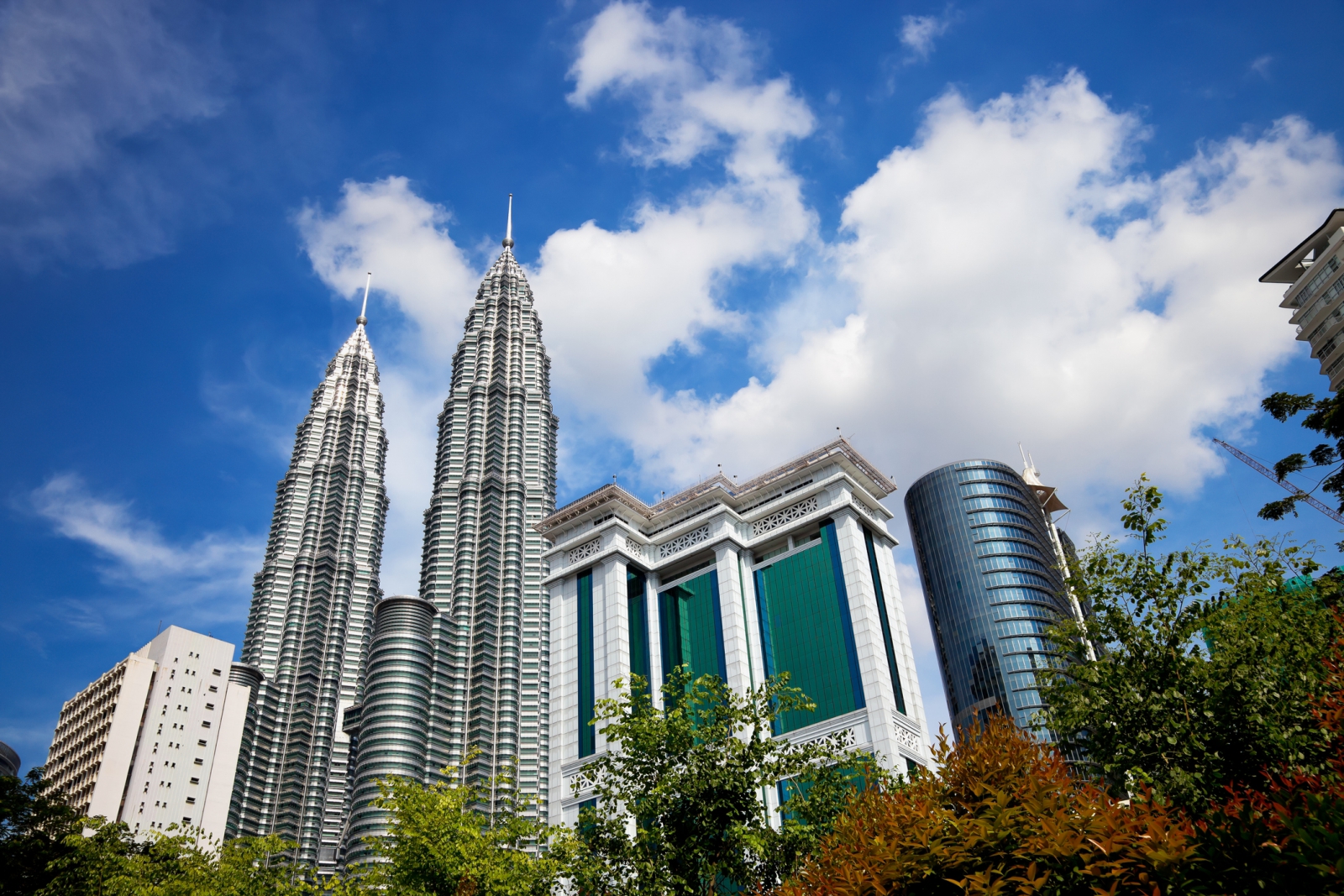
(Photo: iStock)
The Malaysia Carbon Exchange (BCX) will auction its first batch of locally generated carbon credits on July 25. This event marks the expansion of its product offering to include local carbon credits in addition to global carbon credits. And it will be the first time that "nature-based carbon credits" are the main subject of the transaction.
However, in the long term, Malaysia's development of the carbon credit market will face the dilemma of balancing economic growth with environmental protection, as well as challenges related to the quality of carbon credits.
Originate from rainforest protection project, certified by the Verra standard
These carbon credits come from the Kuamut Tropical Rainforest Protection Project in the state of Sabah. The project aims to conserve and restore the rainforests in the Tongod and Kinabatangan regions, covering an area of approximately 83,381 hectares. In March 2024, the project was recognized as Verified Carbon Units (VCUs) by passing the Verra carbon verification standard. It is estimated to reduce annual carbon dioxide equivalent emissions by 800,000 tons.
Datuk Muhamad Umar Swift, the CEO of Bursa Malaysia, stated in a press release that given the country's vast potential in both nature-based and technology-based carbon credits, he hopes the auction will spark interest from domestic and international businesses and attract more investment in carbon credit projects.
.jpg)
The Kuamut Rainforest Project in Sabah, Malaysia. (Photo: Wikimedia Commons)
Malaysia's dilemma of balancing economic development and environmental conservation
However, achieving a balance between economic development and environmental conservation poses challenges, especially given Malaysia's heavy reliance on the palm oil industry for its economy.
Renard Siew, Head of Sustainability at Malaysia's energy infrastructure company Yinson Holdings Berhad, wrote in an article on the Southeast Asia commentary website Fulcrum that Malaysia's forest cover is about 55.3%, with the potential to generate carbon credits worth up to USD 1 billion . However, this potential is constrained by the expansion of palm oil plantations.
Siew also pointed out that Malaysia struggles with carbon pricing in the absence of a carbon tax system, and the current market price for nature-based carbon credits is dismal, hovering around USD 1.5 per ton, a significant drop from the USD 8 to 9 seen in 2019. This decline is primarily due to ongoing concerns about the credibility and validity of carbon credits.
In other words, Malaysia's reliance on logging for its economy and the undervaluation of carbon credits present two major challenges to developing the carbon credit market.
The Malaysia Carbon Exchange was established in 2022 and completed its first auction in March 2023, officially starting operations in September of the same year. During the initial two days of trading, 10 companies, including oil and energy trader Vitol Asia and CIMB Bank, participated, trading a total of 16,500 carbon credits. However, the market has since been inactive. According to the official website, no carbon credits have been traded in the past week.





